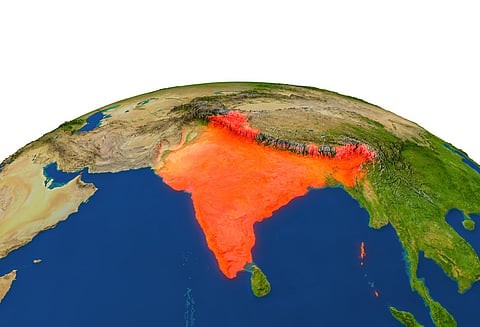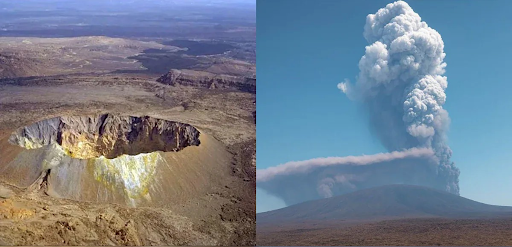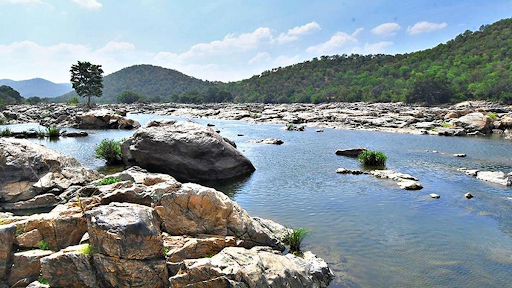





Disclaimer: Copyright infringement not intended.
Recently archeologists have discovered buildings and cultural items from only a few ancient settlements located more than 2,000 meters above sea level, such as Peru’s Machu Picchu.
It is an Incan citadel set high in the Andes Mountains in Peru, above the Urubamba River valley. It is built in the 15th century and later abandoned.

These are a biodiversity hot spot designated by Conservation International which covers several montane and alpine ecoregions of Central Asia, including those of the Pamir and Tian Shan ranges, and extending across portions of Afghanistan, China, Kazakhstan, Kyrgyzstan, Tajikistan, Uzbekistan, and the Karakoram range in China, Pakistan and India.
The Karakoram range also known as Karakoram Anomaly relates to the anomalous growth of glaciers in the central Karakoram that is in contrast with melting glaciers in other mountainous ranges of the Himalayas and other parts of the world due to the effects of climate change.
|
Mountain Range |
Location |
|
Zagros |
Extends along the western part of Iran, stretching from the northwest near the border of Turkey to the southeast near the Persian Gulf. |
|
Hindu Kush |
Spans Afghanistan and northwestern Pakistan, forming part of the border between the two countries. |
|
The Eastern Ghats |
Located along the eastern coast of India, running parallel to the Bay of Bengal from Odisha to Tamil Nadu. |
|
The Himalayan Range |
Stretches across northern India, Nepal, Bhutan, and Tibet (China), extending from the Indus River to the Brahmaputra River. |
|
Ural |
Runs from north to south through western Russia, forming a natural boundary between Europe and Asia. |
|
Kunlun |
Located in China, stretching from the Pamir Mountains in the west across Tibet to the east. |
|
Karakoram |
Located in the northern region of Pakistan, India (Ladakh), and China, forming part of the Greater Himalayas. |
The hotspot encompasses several habitat types, including montane grasslands and shrublands, temperate coniferous forests, and alpine tundra.
READ IN DETAIL HERE-
READ ABOUT
Source:
|
PRACTICE QUESTION Q.Arrange the major cities from West to East on the Silk Road.
Select the correct answer using the code given below: (a) 1-2-3-4-5 (b) 1-4-2-3-5 (c) 2-3-4-5-1 (d) 2-4-3-1-5 Answer: a Explanation: Major cities, broadly from the eastern Mediterranean to South Asia, and arranged roughly west to east in each area by modern-day country. Konya is a major city in central Turkey Baku is the capital and largest city of Azerbaijan, as well as the largest city on the Caspian Sea and in the Caucasus region. Aleppo is a city in Syria. Mosul is a major city in northern Iraq, serving as the capital of Nineveh Governorate. Samarkand is a city in southeastern Uzbekistan and among the oldest continuously inhabited cities in Central Asia.
|






© 2025 iasgyan. All right reserved